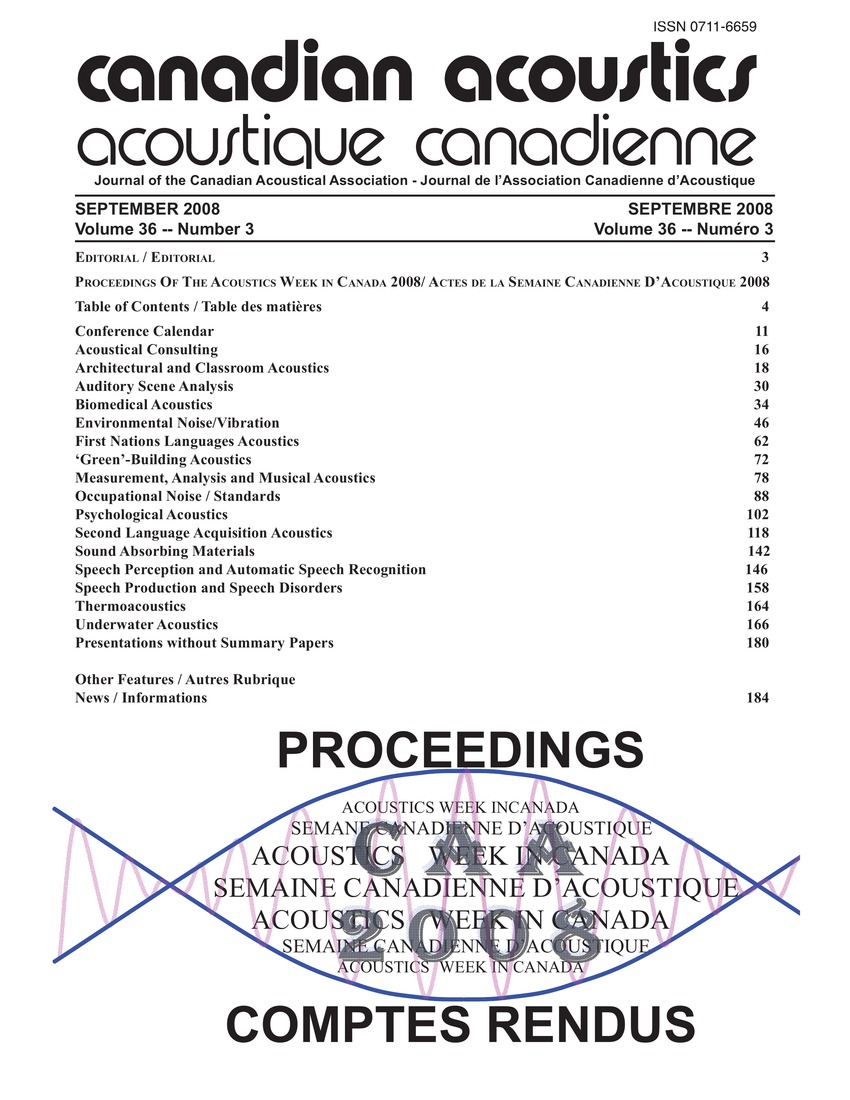Cell expansion genes expression by therapeutic ultrasound. pros and cons.
Mots-clés :
Acids, Acoustic waves, Bone, Bottles, Cells, Colloids, Cytology, Gelation, Gene expression, Ketones, Organic acids, Plants (botany), Ultrasonics, Agarose gels, Ascorbic acids, Basic medias, Bone marrow cells, Bone marrows, Cell expansions, Culture mediums, Duty-cycle, Fetal Bovine serums, Genes expressions, Low intensities, Pcr reactions, Pulsed ultrasounds, Self renewals, Stem cells, Therapeutic ultrasoundsRésumé
Low intensity pulsed ultrasound (LIPUS) could up-regulate Nucleostemin gene in rapidly proliferative and self renewal cells, was hypothesized. The bone marrow cells (BMSC) were isolated from tibiae and femora of 3 month old male Sprague-Dawley rats and the bone marrow was flushed with basic media using 10-ml syringe from both sides. Cells were seeded in in 75 mm flasks and were expanded in culture medium that contained 10% fetal bovine serum (FBS), 1% streptomycin, and ascorbic acid. LIPUS was applied for 20 minutes per day to the base of the cell culture flasks using a 2.5 cm2 transducer that delivers 1.5 MHz with a duty cycle of a quarter. Samples were amplified for 22-30 cycles in an Eppendrof Master-cycle thermal cycler, and PCR reactions were electrophoresed on 2% agarose gels. The results show that LIPUS has increased Nucleostemin expression in both types of stem cells.Fichiers supplémentaires
Publié-e
Comment citer
Numéro
Rubrique
Licence
Author Licensing Addendum
This Licensing Addendum ("Addendum") is entered into between the undersigned Author(s) and Canadian Acoustics journal published by the Canadian Acoustical Association (hereinafter referred to as the "Publisher"). The Author(s) and the Publisher agree as follows:
-
Retained Rights: The Author(s) retain(s) the following rights:
- The right to reproduce, distribute, and publicly display the Work on the Author's personal website or the website of the Author's institution.
- The right to use the Work in the Author's teaching activities and presentations.
- The right to include the Work in a compilation for the Author's personal use, not for sale.
-
Grant of License: The Author(s) grant(s) to the Publisher a worldwide exclusive license to publish, reproduce, distribute, and display the Work in Canadian Acoustics and any other formats and media deemed appropriate by the Publisher.
-
Attribution: The Publisher agrees to include proper attribution to the Author(s) in all publications and reproductions of the Work.
-
No Conflict: This Addendum is intended to be in harmony with, and not in conflict with, the terms and conditions of the original agreement entered into between the Author(s) and the Publisher.
-
Copyright Clause: Copyright on articles is held by the Author(s). The corresponding Author has the right to grant on behalf of all Authors and does grant on behalf of all Authors, a worldwide exclusive license to the Publisher and its licensees in perpetuity, in all forms, formats, and media (whether known now or created in the future), including but not limited to the rights to publish, reproduce, distribute, display, store, translate, create adaptations, reprints, include within collections, and create summaries, extracts, and/or abstracts of the Contribution.


